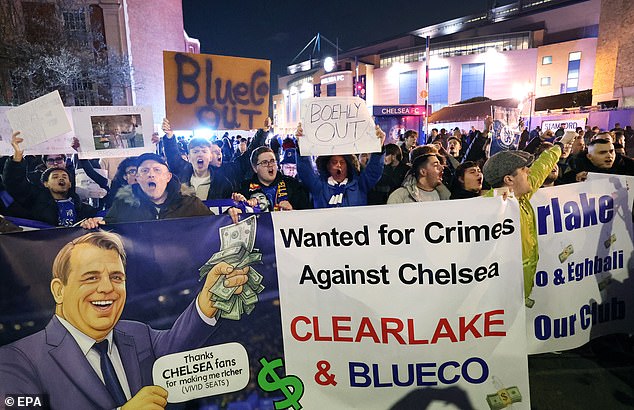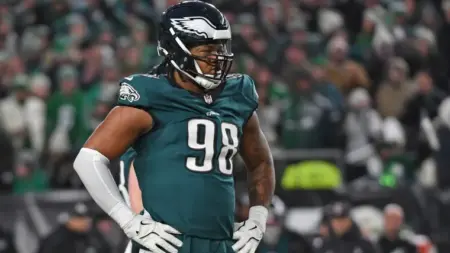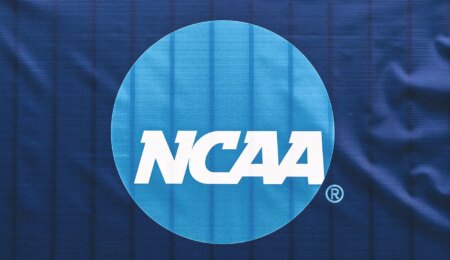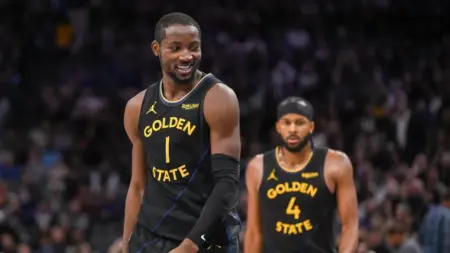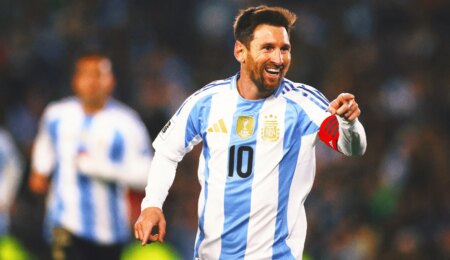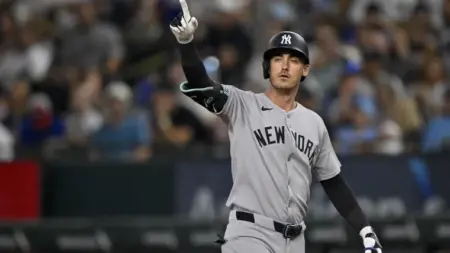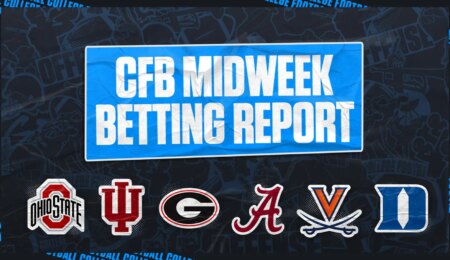The Shifting Dynamics of Fan Engagement in Football
In a world pulsating with activism and a petition for every issue, it’s no surprise that football fans are transforming their interactions with their clubs. Gone are the days when club owners were distant figures; now, they are often the primary targets of fan criticism and scrutiny. From the Glazers at Manchester United to Daniel Levy at Tottenham, and most recently, Todd Boehly at Chelsea, the relationship between fans and owners has become increasingly contentious. Even Boehly, who has poured over £1 billion into Chelsea, isn’t immune to fan protests, which is a testament to the evolving dynamics of fan expectations.
The Evolution of Fan Expectations
I have a unique perspective on this shift, as I am a fan myself. My upbringing in a football-rich environment, with my father on Crystal Palace’s books in the 1950s, instilled a deep connection to the game. Growing up near Selhurst Park, I experienced the raw, unfiltered energy of the Holmesdale terracing firsthand. Fans are the lifeblood of football, driving the industry forward with their passion and engagement. However, I sense a disturbing tilt in the balance between fan expectations and perceived entitlement. While dialogue and consultation with supporters are crucial, it’s important for fans to recognize that owners make decisions based on comprehensive information, not just the latest match results or personal biases.
The New Era of Organized Protests
Supporters’ protests are not a new phenomenon. I recall being in the boardroom at Wolves when fans were vocal about their dissatisfaction with Sir Jack Hayward and Jez Moxey. These protests were often spontaneous and driven by a series of losses on the pitch. Today, however, we are in an era of organized Protests with a capital P. These movements are structured and robust, extending beyond football to scrutinize every aspect of an owner’s business life. The recent protests against Todd Boehly for Chelsea are a prime example. Despite his significant investment in the club, fans accuse him of financial mismanagement and disloyalty. The irony is palpable, given that many of these same fans were previously singing praises for bringing back the spirit of Chelsea.
The Conundrum of Fan Entitlement
Fans have a right to be heard, and their influence is undeniable. However, the idea that only owners and broadcasters should foot the bill for the best players and facilities is problematic. When I was an owner, I involved Palace fans in decisions like kit selection and aimed to keep prices fair. Yet, the expectation that owners should absorb all costs without criticism is unsustainable. Market forces should play a role in determining prices; if fans find merchandise or tickets overpriced, they can choose not to buy, and the market will adjust accordingly. The balance between a club’s needs and fan expectations is a delicate one, and the rise of digital platforms amplifies this tension. Content driven by dissatisfaction often garners more views, fueling a cycle of perpetual criticism.
The Financial Reality and Fan Influence
Chelsea’s £140 million debt is often cited as a major issue, but in the context of the club’s overall value, it’s a manageable figure. Fans argue that they ultimately pay for expensive player acquisitions through ticket prices, merchandise, and subscriptions. While this has some merit, the ultimate responsibility lies with the owners who make these financial decisions. Ultimately, Boehly will likely ignore the noise and focus on his grand vision for Chelsea. The notion that football needs a government-appointed regulator because of fan-led reviews is misguided. The Premier League’s global success requires nuanced management, not bureaucratic interference. Just look at the state of regulated utilities; their bills and services are hardly models of efficiency.
The Future of Fan-Owner Relations
Football has evolved from a working man’s game to a business of sports entertainment. Owners must navigate the high costs and commercial pressures to keep their clubs viable. This shift has altered the dynamic between fans and owners, inch by inch, yard by yard. In the digital age, platforms like AFTV and Mark Goldbridge’s content often thrive on dissatisfaction, sometimes offering insightful perspectives, but more often, they barking at the moon. Fans are willing to give players and managers time to prove themselves, but owners are held to an impossible standard of instant success. In the end, the relationship between fans and owners will continue to evolve, and perhaps, we get the owners we deserve.

